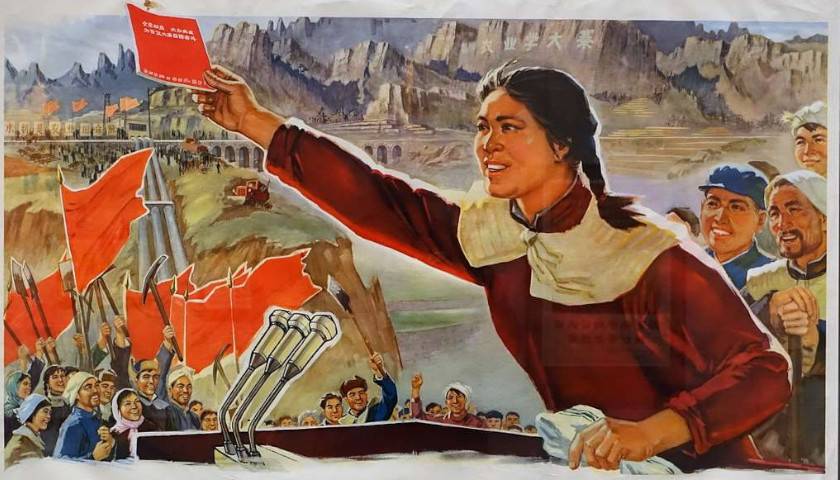by Jordan Alexander
March 8 is International Women’s Day, and over the past few years, this means our news and social media feeds are flooded with stories and advertisements centering on women (and sometimes men identifying as women). Some of these stories do shine a light on how women have contributed to the world we live in, but most seem to come from left-wing outlets propagating their ideas of women, gender politics, and equity.
There’s nothing wrong with celebrating women (and men) for the unique things that each sex brings to the table. However, the origins of International Women’s Day are in stark contrast to this ideal.
History of International Women’s Day
The First International Women’s Day
There’s some debate around the origins of International Women’s Day. But a consistent initial event in histories on the topic happens in 20th century America. In 1908, in New York City, a group of women who were garment workers went on strike and marched in protest of working conditions.
These protests went on for a year, and in honor of their anniversary, the Socialist Party of America celebrated National Women’s Day in 1909. The event turned international in 1910 with Clara Zetkin, a German communist who wanted to make this day an occasion to promote suffrage.
Soviet Russia
Meanwhile, in 1917 Russia, a communist revolution was brewing. The body count and horrors that would follow reach to the infinite depths of human depravity. March 8 marked the first day of the Bolshevik Revolution when over 130,000 people held one of a series of ongoing protests over wages. Because it was Women’s Day, a large number of women decided to strike and join the marchers. Protestors fought with the police, and some looted businesses. As the demonstrations continued to swell, there were calls to bring down the czar.
Once czarist Russia collapsed, transforming into the Soviet Union, Lenin—at the behest of Clara Zetkin—implemented International Women’s Day as a Communist holiday celebrated on March 8. Other communist countries like China followed suit.
Because of the communist association, this holiday only returned to the non-communist world in 1975 when the UN set the day of March 8 as International Women’s Day.
International Women’s Day Today
Today, this day seems to follow in its socialist and communist roots. The International Women’s Day website asks people to #EmbraceEquity (and uses the words equity and equality interchangeably). Equity, the idea that having the same outcome for different people is the ideal, sounds remarkably similar to Marx’s proclamation, “From each according to his ability, to each according to his needs!” The idea of “taking ‘from each according to his abilities,’ and giving ‘to each according to his needs’” is also markedly different than giving everybody equal opportunity to work to pursue their goals (equality).
The site also calls for “gender parity.” In many countries around the world, equal rights are still an issue, but in America, men and women have the same rights recognized in the constitution. Not to mention that the website does not focus on what makes women unique, like motherhood or femininity. If we are going to celebrate women, shouldn’t we promote those qualities that make women uniquely women? Just as if we are celebrating men, it would seem logical to promote masculinity. Plus, if women do not have anything distinctive worth celebrating, why do we even have an International Women’s Day? We could just lump women in with the men and erase the category completely. Alarmingly, this does seem to be where our culture is headed.
In this way, International Women’s Day is not an appreciation of women. Instead, it pushes a particular narrative about women: Namely, that women—to be important in society—need to be doing the same things as men. In the Soviet Union, women (along with everyone else) were viewed as useful only if they were in the workforce. The idea of a stay-at-home mother or housewife was thus discouraged. And in modern America, this same idea seems to have cropped up.
In principle, celebrating women for their important contributions to culture and society is a recognition of the value the fairer sex brings to our lives, families, and country. But in practice and within its origins, International Women’s Day doesn’t do this. We’d be better off turning to the virtues of traditional femininity as a source of inspiration for women around the country and world.
– – –
Jordan Alexander is a contributor to Intellectual Takeout.






